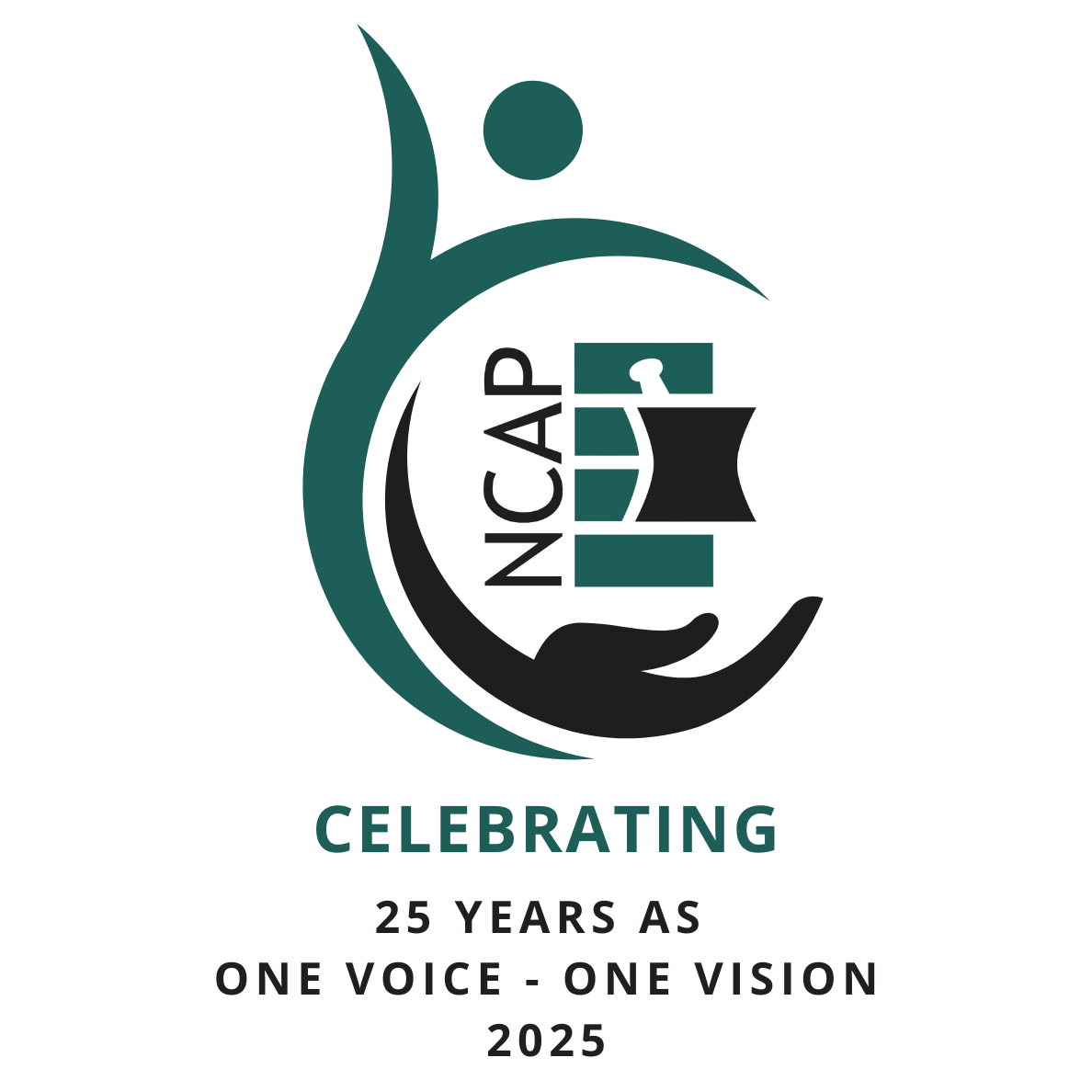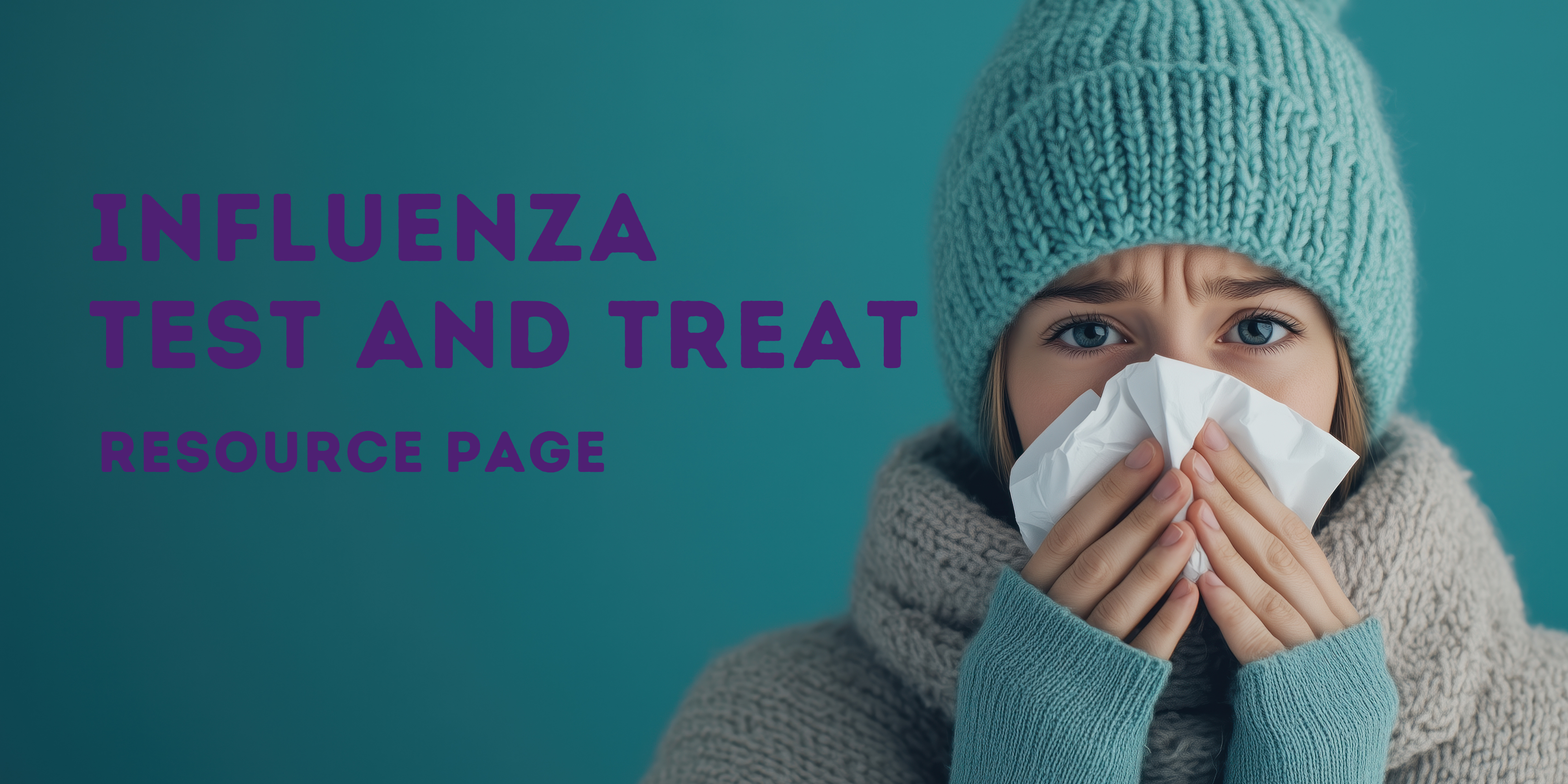|
Patient Education and Other Resources Who Should Get Vaccinated? It is most important for those who are at higher risk of more serious symptoms from COVID-19 to get vaccinated, i.e. older adults, people with certain medical conditions, etc. (https://www.cdc.gov/coronavirus/2019-ncov/faq.html) (https://www.cdc.gov/coronavirus/2019-ncov/need-extra-precautions/index.html) Follow the NC eligibility phases. The CDC recommends you get a COVID-19 vaccine as soon as you are eligible. Currently supply of the vaccine is limited. The CDC provides recommendations to federal, state, and local governments on who should first receive the limited supply of vaccines. (https://www.cdc.gov/coronavirus/2019-ncov/vaccines/index.html) Those who are pregnant or breastfeeding are encouraged to discuss whether vaccination is right for them with their health care provider. More information about the risks versus benefits in these patients can be found here: https://www.cdc.gov/coronavirus/2019-ncov/vaccines/recommendations/pregnancy.html Those who have previously experienced a COVID-19 Infection are still recommended to receive a COVID-19 vaccination whenever they become eligible. For patients who currently have COVID-19 with symptoms, you should wait until symptoms have resolved before receiving your COVID-19 vaccine - at least 10 days since symptom onset and at least 24 hours after the resolution of fever without the use of fever-reducing medications and if other symptoms have improved. For those infected with SARS-CoV-2 with no symptoms, a vaccine may be received 10 days after their first positive RT-PCR test. This also applies to those who get COVID-19 before receiving their second dose of vaccine. Obtaining a negative test result after 10 days is not necessary or recommended. (https://www.cdc.gov/coronavirus/2019-ncov/vaccines/vaccine-benefits.html) (https://www.cdc.gov/vaccines/covid-19/info-by-product/clinical-considerations.html) How and Where to Receive the Vaccination Ask your doctor, pharmacist, or community health center if they will be providing vaccines and ask them to let you know when the vaccines are available. The vaccine is free of charge to all people living in the United States. Your insurance may be charged a bill from your provider for the cost of administering the vaccine, however no one can be denied a vaccine if they are unable to pay the vaccine administration cost. If you are asked to pay for access to the vaccine, it is likely a scam. Do not share personal or financial information with anyone asking for payment for access to the vaccine, particularly over a phone call, text message, or email.
Receiving Other Vaccinations Other vaccinations, including a flu or shingles vaccine, should be separated from the COVID-19 vaccine by 14 days, before or after. If you do receive the COVID-19 vaccine within 14 days of another vaccine, you do not need to be revaccinated with either vaccine and you should complete both series on the recommended schedule. (https://www.cdc.gov/coronavirus/2019-ncov/vaccines/expect.html)
Common Side Effects Each vaccine that is available can have side effects after vaccination. Most common symptoms are pain and swelling at the site of injection. Fever, chills, tiredness, and headache may be experienced. These are normal signs that your body is building immunity, and symptoms should resolve in a few days. Over-the-counter pain-relievers can be used appropriately to reduce any discomfort you may experience after receiving the vaccine. Applying a clean, cool, wet washcloth over the site of injection can help reduce discomfort, as well as massaging and exercising your arm. To reduce discomfort from fever, drink plenty of fluids and dress lightly. Severe allergic reactions are rare. If you think you may be experiencing an allergic reaction after leaving the vaccination site, call 911 for immediate medical attention. An allergic reaction is considered severe if epinephrine or an EpiPen is needed and if the person has to go to the hospital. The CDC also recommends that if you have had an immediate allergic reaction, such as hives, swelling, and wheezing, to any ingredient in an mRNA COVID-19 vaccine, you should not get either of the currently available vaccines. If you have had a severe or immediate allergic reaction after receiving the first dose of an mRNA COVID-19 vaccine, you should not receive the second dose and you should talk to your doctor. People who are allergic to PEG or polysorbate should not get an mRNA COVID-19 vaccine. (https://www.cdc.gov/coronavirus/2019-ncov/vaccines/safety/allergic-reaction.html) (https://www.cdc.gov/coronavirus/2019-ncov/vaccines/expect/after.html) Adverse effects may present differently in children. Multisystem inflammatory syndrome in children (MIS-C) is a rare but serious side effect that can be seen. (https://www.cdc.gov/mis-c/) Patients can use the V-safe After Vaccination Health Checker to get personalized health check-ins after receiving the vaccine. For more information on how to register and use V-safe, visit the following link: https://www.cdc.gov/coronavirus/2019-ncov/vaccines/safety/vsafe.html.
Dispelling Myths and Misinformation (https://www.bannerhealth.com/healthcareblog/teach-me/covid-19-vaccines-6-vaccine-myths-explained) Side effects such as headache, tiredness, or chills are signs that your body is working to build immunity in response to the vaccine. The vaccine itself does not contain the virus or viral DNA. Even if you have had COVID-19 in the past, you should still receive the vaccine when you are eligible. It is unclear how long natural immunity to COVID-19 lasts, and reinfection is possible. It is important to note that even after receiving both doses of COVID-19 vaccines, it is essential to continue to follow all safety recommendations to help stop the pandemic. You should continue to wear a mask that covers your nose and mouth, stay at least 6 feet apart from others, avoid crowds, avoid poorly ventilated spaces, and wash your hands frequently. For more information on how to protect yourself and slow the spread of COVID-19, visit: https://www.cdc.gov/coronavirus/2019-ncov/prevent-getting-sick/prevention.html NCDHHS Vaccine FAQs: https://covid19.ncdhhs.gov/vaccines/frequently-asked-questions-about-covid-19-vaccinations CDC Myths and Facts about COVID-19 Vaccines: https://www.cdc.gov/coronavirus/2019-ncov/vaccines/facts.html
Where to Find Trusted Resources
|



